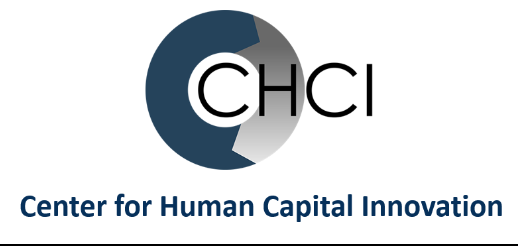
Executive Coaching: A Crucial Driver for Leadership Excellence
The value of executive coaching is no longer just anecdotal; it is supported by hard evidence. Studies provide data that coaching boosts leadership effectiveness, especially in areas such as decision-making, strategic thinking, and managing relationships.
The Institute of Coaching cites that over 70% of individuals who receive coaching benefited from improved work performance, relationships, and more effective communication skills. A study commissioned by the International Coach Federation (ICF) found that coaching clients report a median Return on Investment (ROI) of 788%. The Harvard Business Review backs this up, noting a 44% surge in productivity linked to coaching. Beyond metrics, coaching can help leaders manage their time and energy better, deal with stress and challenges more effectively, and become more effective in their roles.
Grounded in evidence, the real impact of executive coaching is best illustrated through practical insights.
Practical Insights from Case Studies and Research
When we look at real-world scenarios, the benefits of executive coaching become even more apparent:
- Leadership Impact on Revenue: A case study from the Center for Human Capital Innovation highlights the effectiveness of executive coaching. After a CEO engaged in a coaching program, their company doubled its core product revenue in one year. They also launched a new product expected to triple the company’s revenue, showing how focused leadership development through coaching can lead to significant financial growth.
- Accountability in Practice: The Association for Talent Development provided a striking comparison between two leaders: Kym, who struggled to implement new delegation strategies post-training, and Kyle, who, with the added benefit of coaching, successfully integrated these skills into his daily work.
- Personal Learning Cloud: Research in publications like the Harvard Business Review has introduced the concept of the “personal learning cloud” (PLC), which emphasizes personalized learning experiences. Such developments reflect a trend towards more customized and adaptable executive coaching, which can meet the unique needs of each leader.
So how can an organization reap the benefits of executive coaching?
Tips for Maximizing the Impact of Executive Coaching
Organizations looking to leverage executive coaching can:
- Integrate Training with Coaching: Pairing training with coaching can combat the “forgetting curve” and ensure that new skills are retained and applied effectively.
- Foster a Coaching Mindset Across the Organization: Encourage a culture where continuous learning and feedback are valued at all levels. When coaching is seen as a norm rather than an exception, it can have a more profound and widespread impact on the organization.
- Establish Clear Development Goals: Work with coaches to set specific, measurable, achievable, relevant, and time-bound (SMART) goals for each coaching engagement. This provides a clear direction and purpose for both the coach and the coachee, leading to more targeted and meaningful outcomes.
- Engage Stakeholders in the Coaching Process: Involve key stakeholders, such as direct reports, peers, and supervisors, in the coaching process to provide a 360-degree perspective. This can enhance the relevancy of coaching and support the transfer of learning to the workplace.
- Choose Coaches Who Fit Your Culture: Select coaches who can navigate your company’s culture. This ensures that the coaching will reinforce your organizational goals and values.
- Monitor Coaching Outcomes: Set clear metrics to measure the performance of leaders before and after coaching to understand its impact clearly.
Executive coaching stands as a critical component in the repertoire of leadership development. As executive coaching aligns with the evolving needs of leaders, it ensures that they are well-prepared to confront the dynamic challenges of tomorrow. How does executive coaching align with your organization’s current leadership development goals? Are there areas in your leadership practices that could improve with the accountability and support that executive coaching offers? If you’re uncertain about the role of executive coaching in your organization, our most-read blog offers valuable insights – take a look to see its potential impact.


Leave A Comment